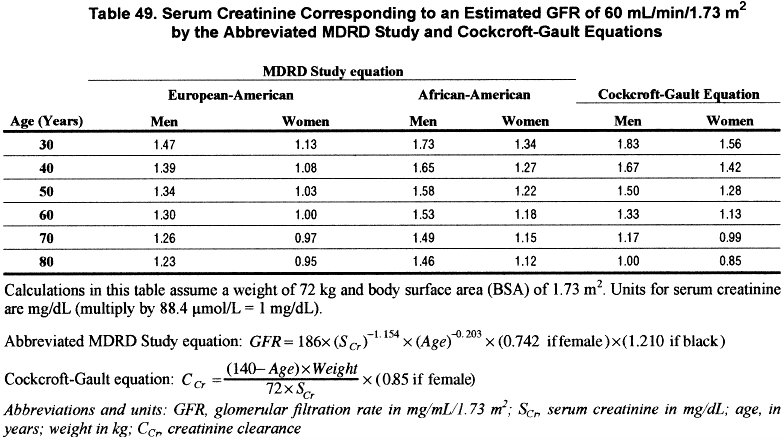

If the second test also shows high levels of protein, you have persistent proteinuria and should have additional tests to evaluate your kidney function. If your first laboratory test shows high levels of protein, another test should be done 1 to 2 weeks later. This test should be used to detect kidney disease in people at high risk, especially those with diabetes. The color of the dipstick indicates the presence or absence of proteinuria.Ī more sensitive test for protein or albumin in the urine involves laboratory measurement and calculation of the protein-to-creatinine or albumin-to-creatinine ratio. Your doctor may test for protein using a dipstick in a small sample of your urine taken in the doctor’s office. At first, only small amounts of albumin may leak into the urine, a condition known as microalbuminuria, a sign of deteriorating kidney function.Īs kidney function worsens, the amount of albumin and other proteins in the urine increases, and the condition is called proteinuria. Impaired kidneys may fail to separate a blood protein called albumin from the wastes. Healthy kidneys take wastes out of the blood but leave protein. The National Heart, Lung, and Blood Institute (NHLBI) recommends that people with kidney disease use whatever therapy is necessary, including lifestyle changes and medicines, to keep their blood pressure below 130/80. Your blood pressure is considered normal if it stays below 120/80 (expressed as “120 over 80”). The bottom number, which is called the diastolic pressure, shows the pressure when your heart is resting between beats. The top number, which is called the systolic pressure, represents the pressure when your heart is beating.
#Normal serum creatinine professional
The only way to know whether your blood pressure is high is to have a health professional measure it with a blood pressure cuff. It can also be a sign that your kidneys are already impaired. High blood pressure can lead to kidney disease. Measuring urea nitrogen in the blood provides additional information. Calculation of glomerular filtration rate (GFR) based on a serum creatinine measurement.Spot check for protein or albumin in the urine (proteinuria).The National Kidney Foundation recommends 3 simple tests to screen for kidney disease: Since you can have kidney disease without any symptoms, your doctor may first detect the condition through routine blood and urine tests.


 0 kommentar(er)
0 kommentar(er)
